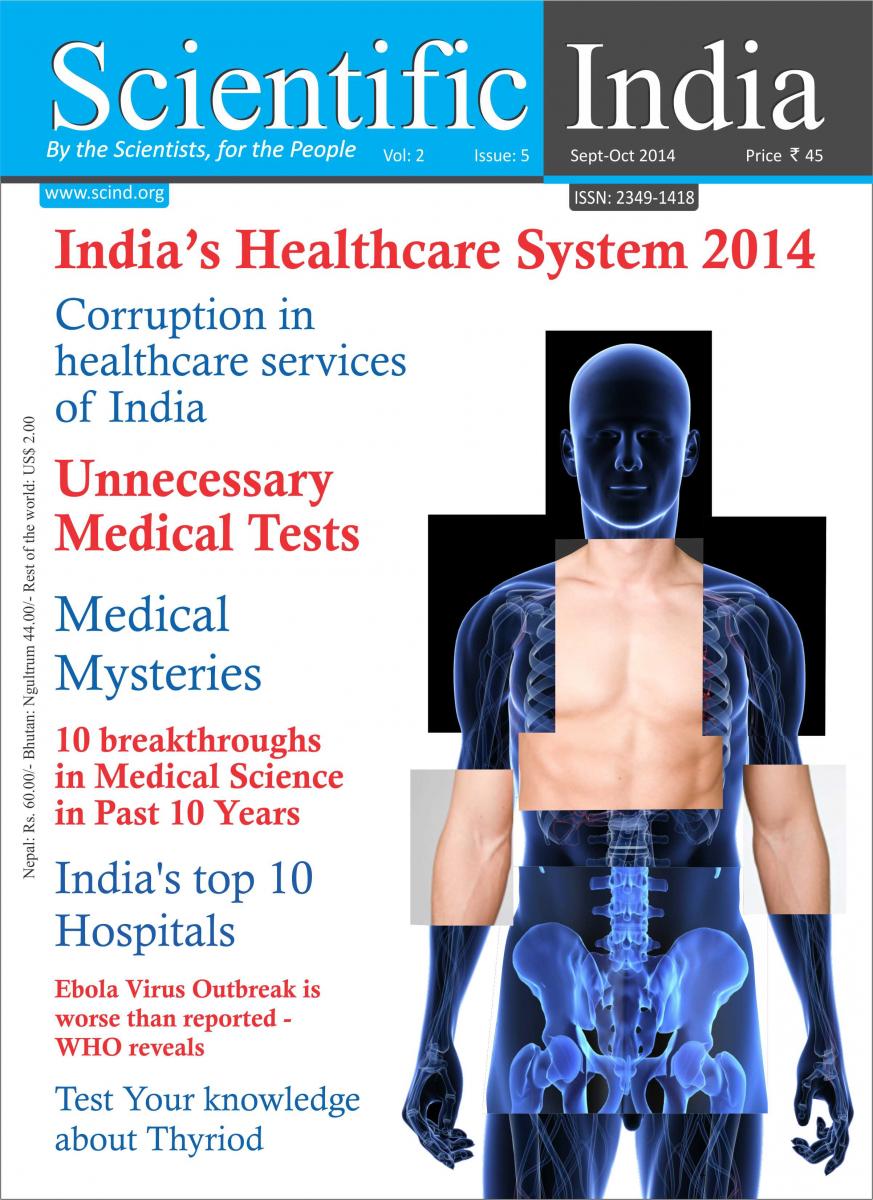A Study of Ionic Status of Water In Relation to Human Activities Performed in and around the River Wainganga Distt. Bhandara, (MS) india

Department of Zoology, Shri Shivaji Science College, Congress Nagar, Nagpur-440012
Present study deals with the study of river water contamination due to human activities and its influence on the ionic status of river water. Sampling of water at downstream stations showed increased values of all parameters due to direct and indirect input of organic matter in water. Mostly washerman’s activities, bathing activities, river basin agriculture are found responsible to enhance the ionic concentration in river water. During rainy season the surface runoff soil, clay, etc., transfers enormous amount of solids in river water along with rainwater. The silting of rocks due to flooded water carries the salts of Mg, Fe and Cl, which imparts the more concentration of dissolved solids in river water. Seasonal study indicates that comparatively less water during summer season and concentration of pollutants due to intense activities of localities in and around the river basin, enhance more variations and higher values of Temperature (36.4ºC)conductivity (702 umnos/cm), chlorides (57.2 mg/L), CO2 (24.0 mg/L), Hydrogen ion concentration (7.8). Total alkalinity (60.4 mg/L), Total dissolved solids (658.0 mg/L). All the parameters are estimated by using ELICO make portable water analysis kit except CO2 and Chlorides are measured by standard methods given by National Environmental Engineering Institute, Central India. The ionic concentrations in Wainganga river water is gradually increases from upstream station to downstream station and found to be well above the potable water standards.
Keywords: Conductivity; Chlorides; Human activity; River water; TDS; pH.
